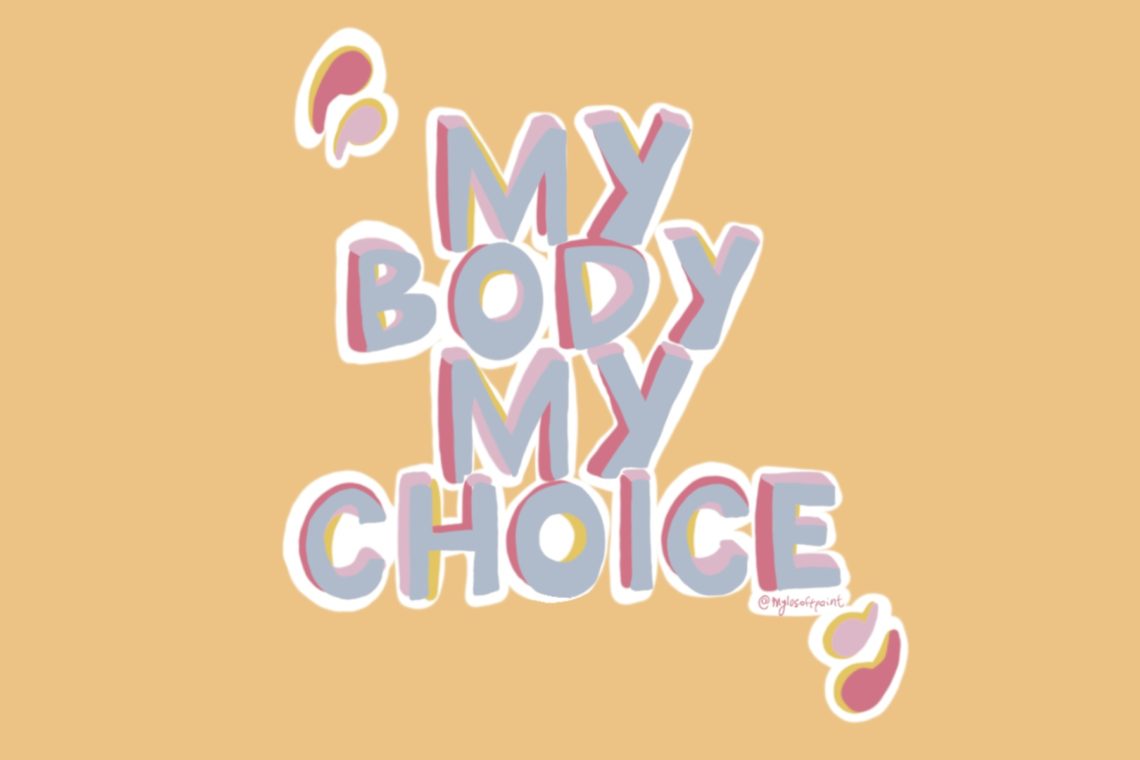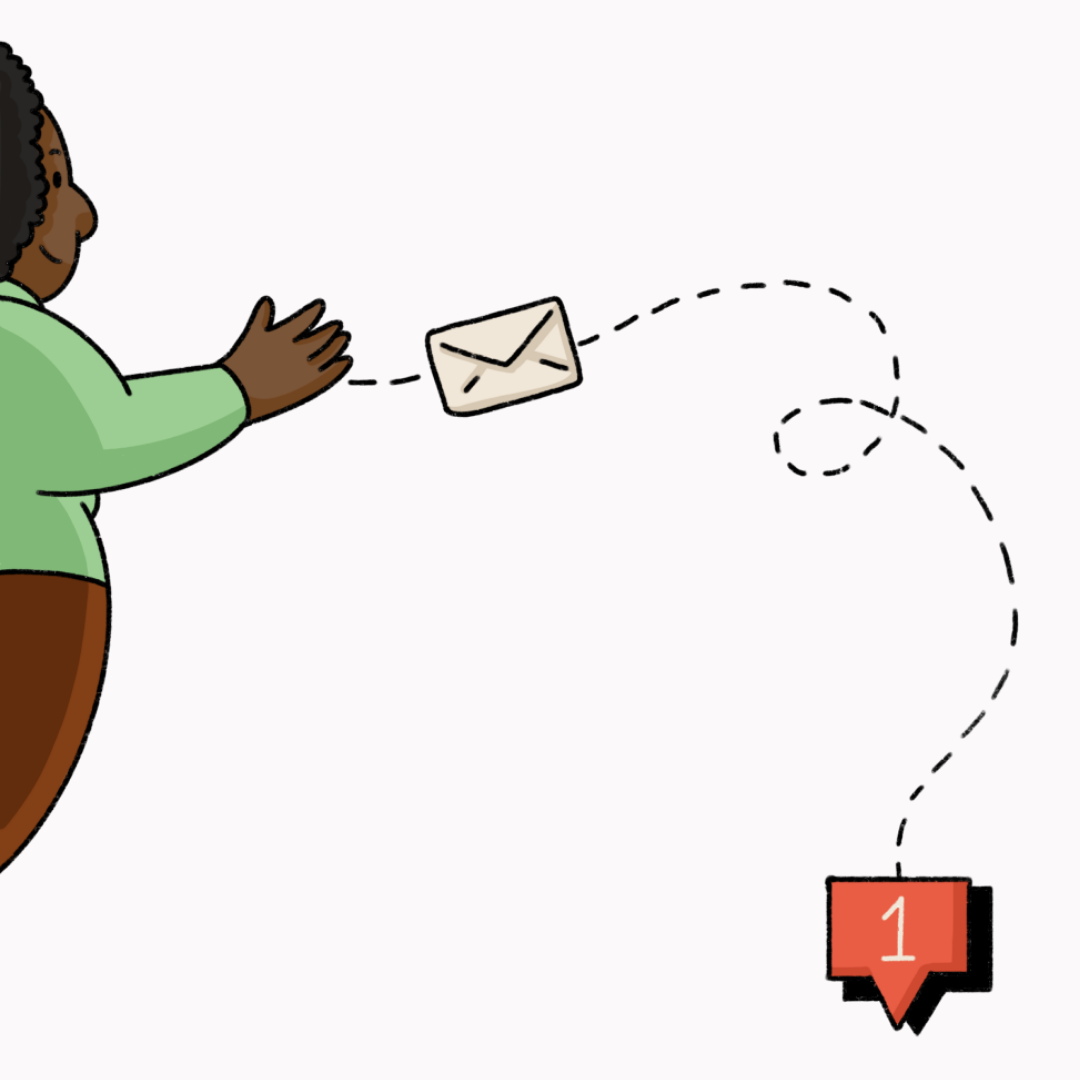Written by: Kestrel Brown (she/her).
Edited by: Camille Zeitouni (she/her).
I grew up as the youngest child and the only girl in a strict religious household. I was fourteen when I got my first period. Having a poor relationship with my mother and no sisters, I had no idea what to expect, and definitely no idea how to put in a tampon. I was menstruating every fourteen days and had no resources to guide me.
I brought up the issue to my pediatrician and he suggested birth control as a method of controlling my irregular cycle. However, my strict mother sitting in the corner of my doctor’s appointment shut down that idea immediately. She announced “no woman who is not having sex (until marriage of course) needs to be on the pill.” I wanted to speak to my doctor alone and not have my parent in the room, but my mom refused and my doctor didn’t want to meddle in “family issues”. I went home that evening empty-handed and bleeding for what felt like the millionth day in a row. I remember begging my mother, crying, stressed about bleeding through another pair of jeans, but her response was always the same: “only people who are sexually active want the pill.”
It’s my body and my choice.
Being the youngest and therefore the rebel of the family, I could not take no for an answer. I explained my situation to the guidance counsellor at my school later that week. She and I were very close, and I was constantly sitting in her office, discussing my strict family issues. She explained a concept to me that both my doctor and mother failed to highlight: it’s my body and my choice. While this is different in every province, in Quebec, a minor aged fourteen or over may consent to care without parental consent [1]. She helped me find a free clinic and made an appointment for me. She even excused me from class and drove me to this appointment during school hours. I am forever grateful for the countless hours she spent with me in her office and in the clinic’s waiting room during follow up appointments. I felt so rebellious, but also so embarrassed that I had to jump through so many hoops to get medical help.
At the clinic, the doctor was kind and understanding of my situation. We discussed my options and eventually determined the treatment plan for my outrageous cycles would be to go on the pill. Starting birth control helped regulate my cycles, control my anemia, and ultimately put me in a better mood. I was more confident knowing I was doing everything I could for my body and overall health.
Fast forward some years, I go through health sciences in Cégep and life sciences in University. I know I want to pursue a job in healthcare, yet I’m not sure why. I started working as a medical scribe at a pediatric clinic hoping it would spark a light for me.
I was stunned with the lack of information, and guidance we were giving these young adults.
During my first day, my colleague explained the ins and outs of doing patient intake and the various visits we see: checkups, sick visits, consults… He explains that for patients fourteen years and older, I should “ask them if they’re having sex or doing drugs and oh [you can] ask the parent to leave if the kid wants.” I was stunned with the lack of information, and guidance we were giving these young adults. While I am well aware I am not a physician and cannot give medical advice, I thought surely we could provide them with more resources. Given my proximity to these teenagers’ age, and as a twenty-year-old who has gone through similar issues not too long ago, I was determined to do better.
As I became more comfortable in my role at the clinic, I specialized in working alongside the doctors who saw adolescent patients. The script I was given to say when I entered the patient room was not sufficient. I thought long and hard about what I wish someone said to me as a scared teenager and improvised from there. I’ve discussed various ideas with the doctors on how to improve patient-care, patient-autonomy and increase patient-knowledge as a medical scribe. I focus on patient comfort and education about their medical rights. I always ask (kindly) that the parents sit outside for a portion of the visit. While some parents are more understanding and excited for their child to be given this autonomy and responsibility, others are hesitant to leave their child, and escalate the situation with name calling or imply that I am breaking the law by asking them to sit in the hall. When this happens, I remind myself that they are not my patient.
When I am with my patient alone, I discuss sex, drugs, alcohol, bullying and safety ensuring they understand that they are in control. I end the visit by taking the patient’s height and weight and ask if they want me to welcome their parent back in. Weight can be a sensitive topic for many patients and we should remind them it is their choice to share it or not with their family.
Kids deserve their privacy.
I see myself in so many of these patients, as they are often unaware that their medical rights are being violated. Don’t get me wrong, parents usually mean well and worry about their children since they love them deeply, however kids still deserve their privacy and parents shouldn’t be pressing their ears to the door of their medical visit trying to listen in. They have the right to discuss their concerns with their healthcare provider, have their questions about sex answered, and have the right to all the resources regarding puberty, body changes, and emotional difficulties.
While I am so grateful my guidance counsellor helped me through my period nightmare, my doctor should have never refused to provide me medical care. At work, I shouldn’t be called names for upholding my patient’s right. My experiences have taught me that we need to do better to promote the medical rights of adolescents and provide better education for us all regarding the medical rights we are all entitled to.
Note: The term parent is used to encompass any guardian or person accompanying a patient.
References:
1. Quebec Civil Code, Articles 14–18 http://legisquebec.gouv.qc.ca/en/ShowDoc/cs/CCQ-1991



